- Home
- slideshows
- miscellaneous
- From work to school to what's for dinner, everyday life in the US may drastically change in the wake of coronavirus
From work to school to what's for dinner, everyday life in the US may drastically change in the wake of coronavirus
1. Expect to see an emphasis on health and personal hygiene ...

2. ... and less physical contact in general, especially in workspaces.

People are being encouraged to keep to themselves and reduce physical contact with others. Some companies are going as far as banning handshakes.
3. Working from home could be the new normal, along with a shift in corporate culture.
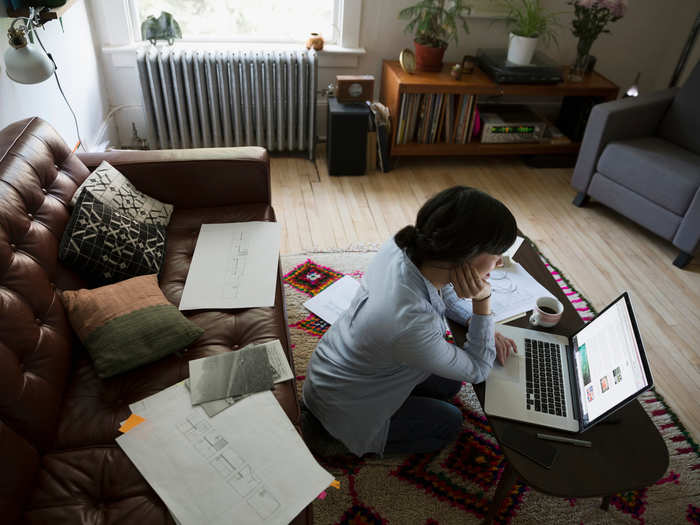
Companies around the world are imploring sick workers to stay home. Several companies have already asked their employees to work remotely in Europe and Asia. With US cases on the rise, some US offices may start doing the same.
4. Similarly, the ways schools operate may change, and some may even close temporarily.
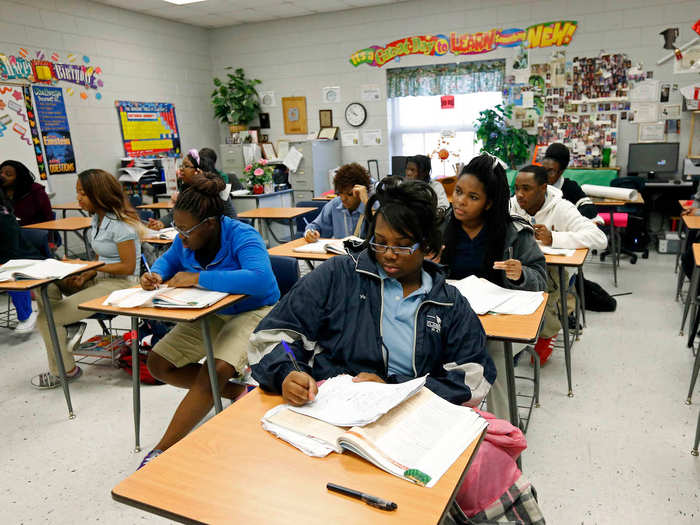
If the coronavirus continues to spread in the US, schools may close temporarily, and schools that remain open may rearrange their classrooms to keep students at least six feet apart from one another.
An elementary school in Oregon closed temporarily after an employee was infected with the virus. Several schools in Washington state have closed after at least six deaths in the state were linked to the coronavirus. In Miami, a public school is preparing for students to learn remotely by supplying them with laptops.
5. People may be less likely to go out in public, resulting in empty shops and restaurants.
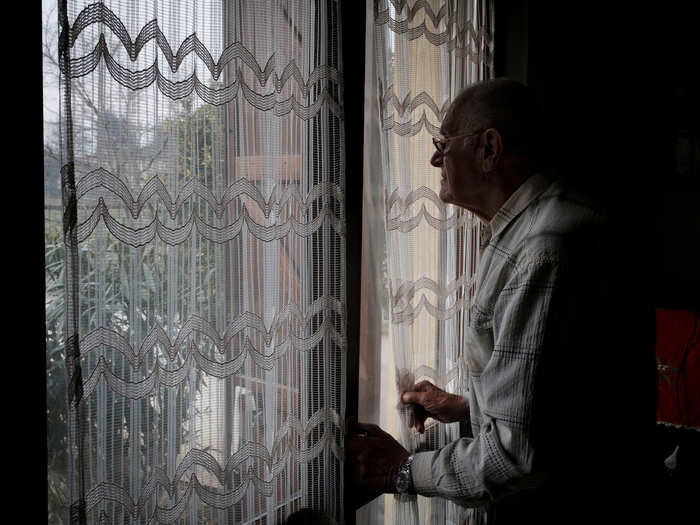
To keep the coronavirus from spreading, people may be less likely to leave their homes at all.
People may eventually be asked to avoid public gatherings entirely. China, Japan, Iran, and Italy have banned public gatherings in areas affected by the outbreak.
6. More people may wear face masks.
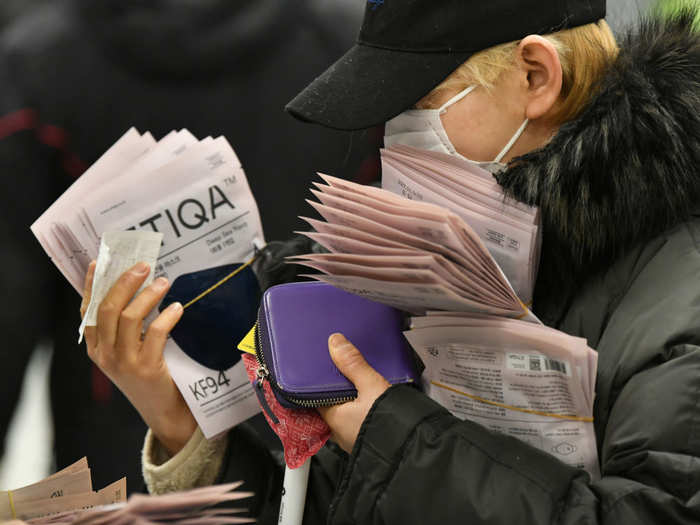
Anyone in an outbreak zone, medical professionals treating coronavirus patients, and anyone who is sick or is around sick people should wear a face mask.
However, healthy people that aren't around sick people shouldn't wear a face mask because it could cause a shortage for those who need them.
7. Sharing food may become taboo.
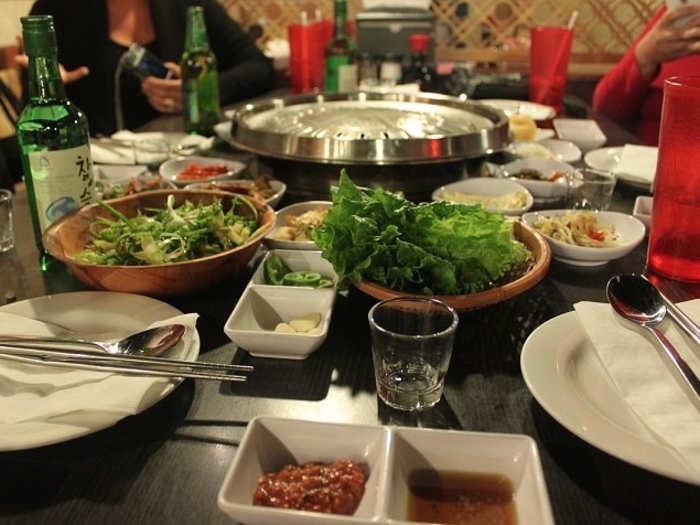
South Korea is encouraging people to avoid sharing food off of the same plate to keep the coronavirus from spreading, according to the Dong-a Ilbo, a national newspaper in Korea.
8. Contactless food delivery may become the new normal.
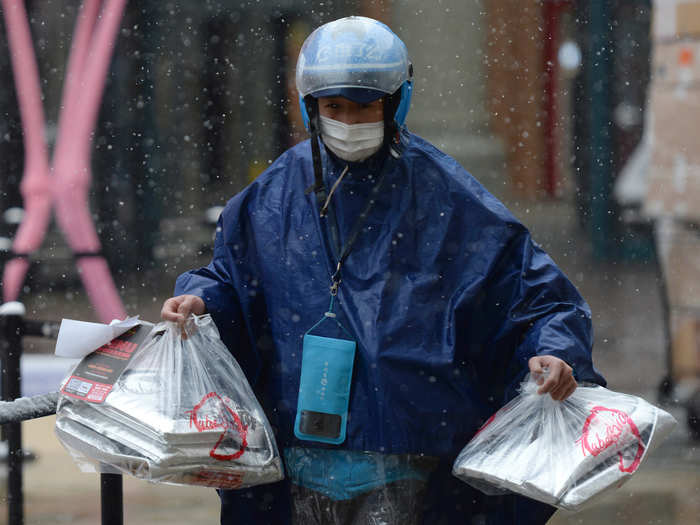
Meituan, a major food delivery company in China, told Business Insider that more than 80% of all orders made during the two-week period between January 26 and February 8 requested a contactless delivery service.
This means that the delivery person and the patron never meet — instead, the delivery person leaves the food in an agreed-upon place and lets the patron know that it's there.
Earlier this month, KFC and Pizza Hut launched contactless delivery services in China as well.
9. More people might start getting groceries delivered.
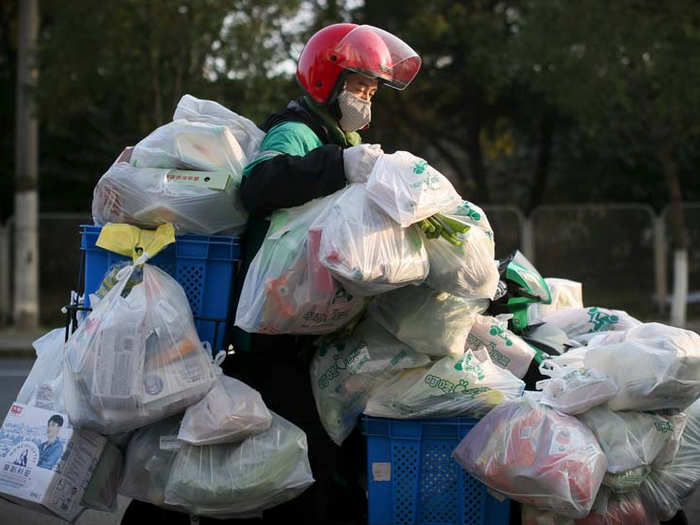
Similarly, Meituan has seen a surge in demand for its grocery delivery service as fewer people venture outdoors to keep the coronavirus from spreading.
10. Public transportation may be limited.
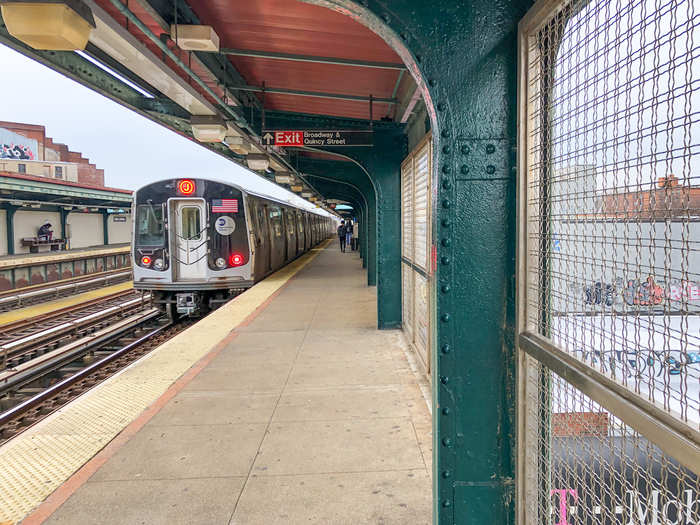
Public transportation in Wuhan, China, has been shut down.
According to the New York Times, an outbreak in New York City could lead to limited access to public transportation.
According to New York Mag, this could mean that trains will be running on modified schedules.
After the first confirmed case of coronavirus in New York, the MTA announced it will be cleaning all its buses and trains every 72 hours. More than half of city residents rely on public transportation.
11. Racism may become more commonplace.
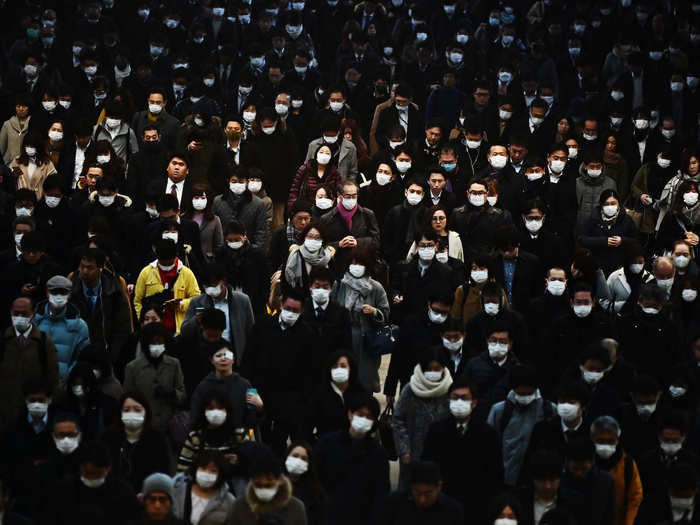
A Chinese student in the UK told the Guardian that he and two of his Chinese friends have been subject to racist abuse since the outbreak.
People of Asian diaspora living in the US, Canada, Britain, and Italy told Business Insider and other outlets about several incidents of racial discrimination and isolation in school, work, and other public places.
Popular Right Now
Popular Keywords
Advertisement